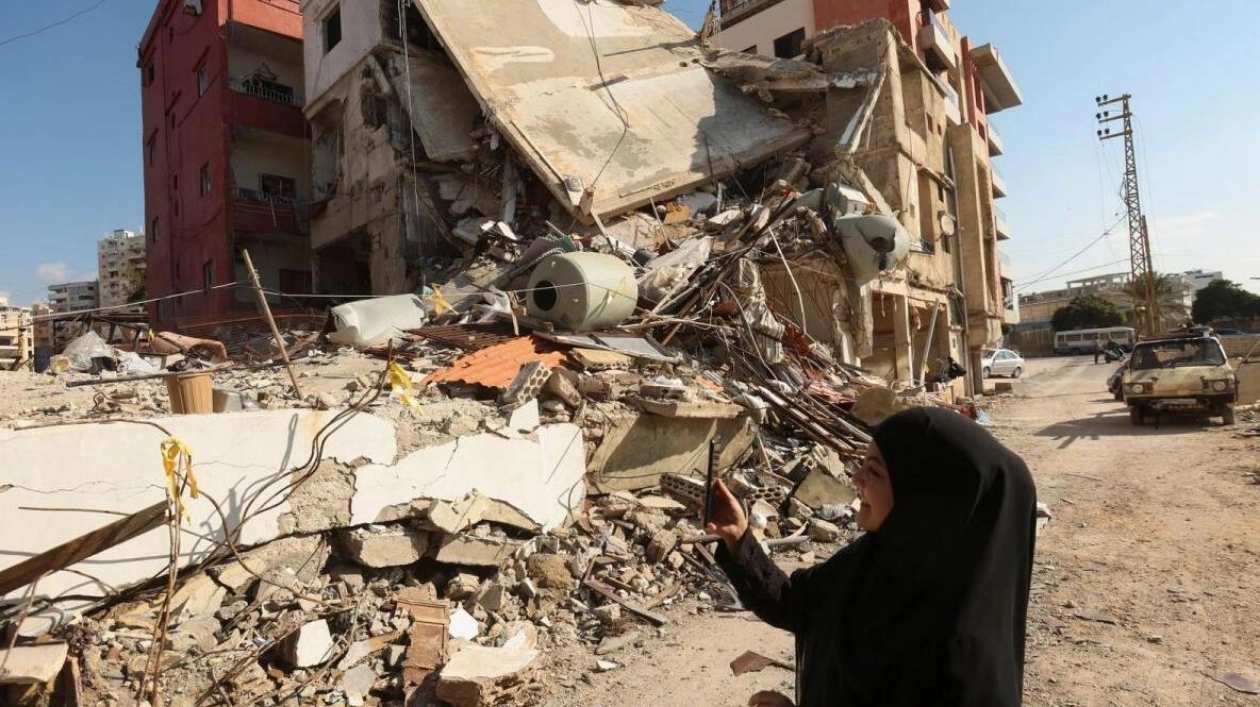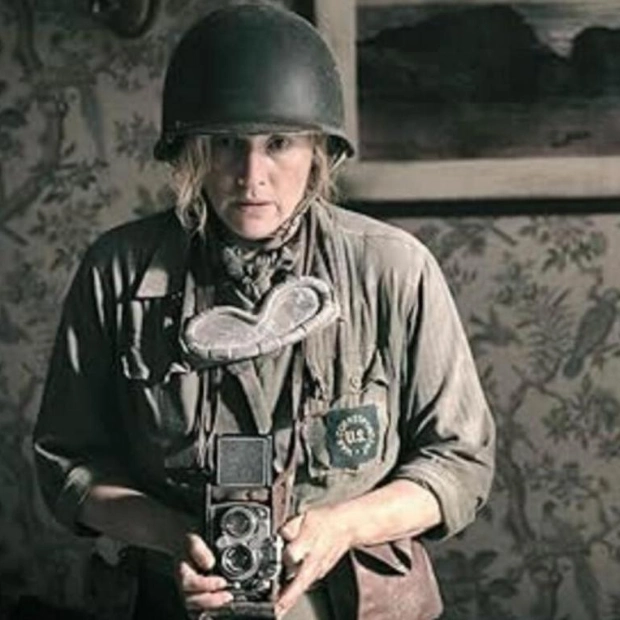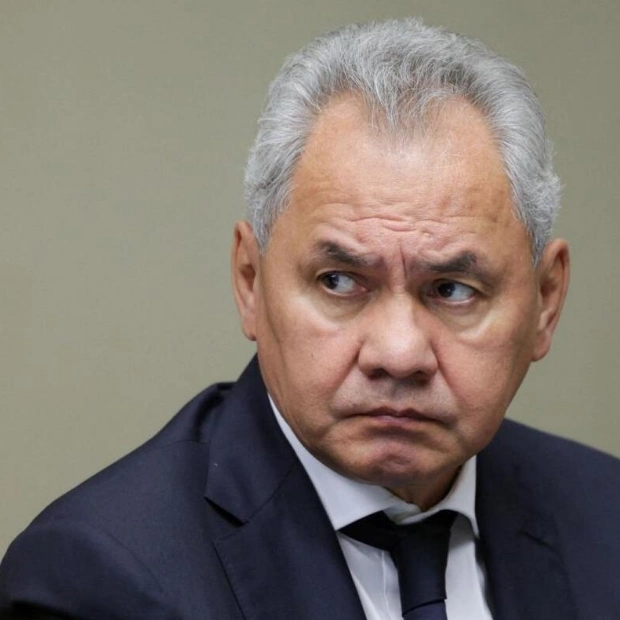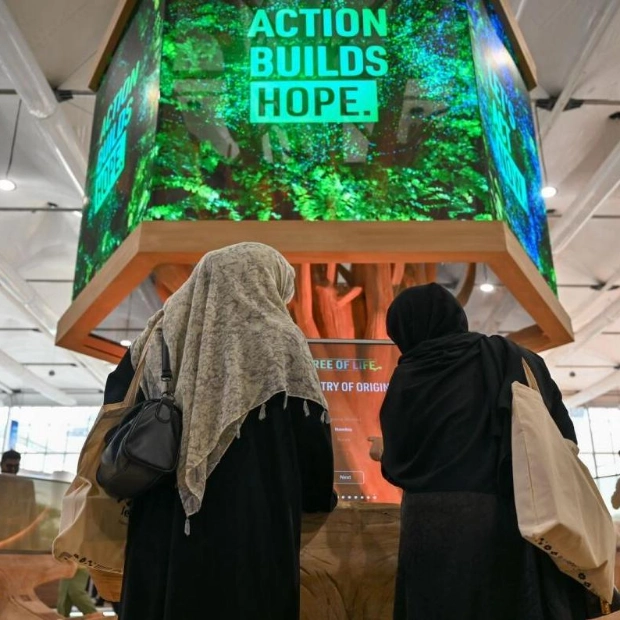A woman is seen using her mobile phone at a site damaged by conflict in Tyre, southern Lebanon, following a ceasefire between Israel and Hezbollah on November 30, 2024. – Reuters
In southern Lebanon, Hezbollah's yellow flag waves over a massive heap of debris that was once part of Nabatieh's old market. In eastern Lebanon, the remnants of a historic building near Baalbek's ancient ruins lie in ruins. Since the ceasefire between Israel and Hezbollah on Wednesday, people have been assessing the widespread destruction caused by Israeli attacks across the country—from Beirut's southern suburbs to the southern border region and the Bekaa Valley.
In Baalbek, located in the Bekaa Valley near the Syrian border, Hamza al Outa's home was among around a dozen buildings destroyed in a single neighborhood. Twisted metal rods jut out from piles of rubble and shattered masonry. "These buildings can be rebuilt. They’re not important. But our loved ones, friends, neighbors, companions, people. The homeland has been destroyed," he said, with the ground behind him scarred by deep craters.
The Israeli army has stated that its strikes in the Baalbek area targeted Hezbollah, the heavily armed Lebanese group that had been exchanging fire with Israel for nearly a year before Israel launched a full-scale offensive in September, striking across Lebanon. Like the south of Lebanon and Beirut's southern suburbs, Baalbek is predominantly Shi'ite Muslim, and Hezbollah holds significant political influence in the region.
Israeli strikes claimed the lives of 940 people and injured another 1,520 in the Baalbek-Hermel region, according to Governor Bachir Khodr. This figure represents nearly a quarter of the nationwide death toll announced by the Lebanese government so far. Khodr also reported that Israel conducted 1,260 airstrikes in the province.
Baalbek is renowned for its ancient Roman ruins, a UNESCO World Heritage site. Lebanese culture ministry officials are scheduled to inspect the site for damage next week. One Israeli strike obliterated an Ottoman-era building known as al-Manshiya, located just a short distance from the ruins.
Outa owned a large-scale kitchen adjacent to his home, which he said catered for major events and operated as a soup kitchen for the poor during the Islamic fasting month of Ramadan, serving 2,500 people daily. "Are there rockets in this kitchen?" he asked, surveying the damage.
One man retrieved a laptop bag and a backpack from the trunk of a crushed car. "This is what we make rockets from," he said, grinning sarcastically as he stood atop a piece of rubble and held the bags aloft for journalists to see.
Governor Khodr remarked, "We’re healing the wound... sadness prevails in this area." He noted that hundreds of buildings have been destroyed, and the pressing question on people's minds is the matter of reconstruction: "until now we have nothing clear on this subject," he said. The government is expected to take "what's necessary," he added.
The World Bank, in a preliminary assessment, estimated that more than 99,000 homes have been fully or partially damaged, with an estimated cost of $2.8 billion. This is a bill that the Lebanese state, still recovering from the collapse of Lebanon's financial system five years ago, cannot afford to pay.
In Nabatieh in the south, Jalal Nasser smoked a water pipe as he sat among the ruins of his cafe, expressing an "indescribable feeling" upon returning to see the damage to his business. Despite this, he praised what he called "the victory," stating, "we are still standing on our feet."
Hassan Wazni, director of Nabatieh hospital, said parts of the city were unrecognizable due to the destruction. His hospital received around 1,200 casualties during the conflict, he added. "Nabatieh is totally different. It's very sad. We feel shocked about everything," he said by phone.
Clouds of dust rose as Omar Bakhit, a Sudanese man who has lived in Nabatiyeh for 21 years, picked up chunks of broken masonry with his bare hands. "Everything is destroyed, the house and the things, as you can see," said Bakhit. "Everything is lost."
Source link: https://www.khaleejtimes.com






